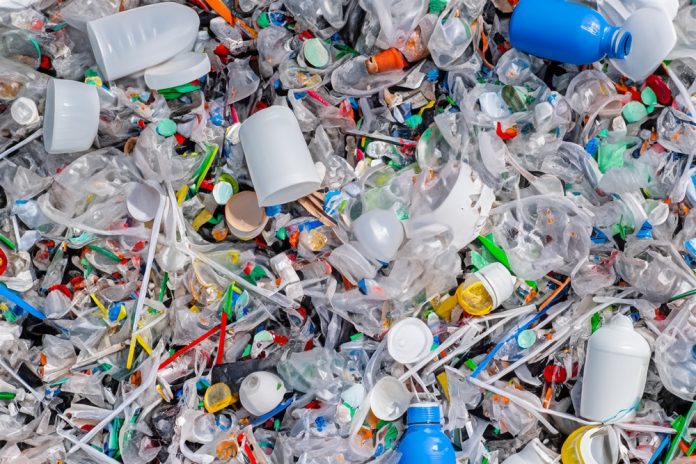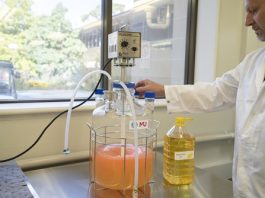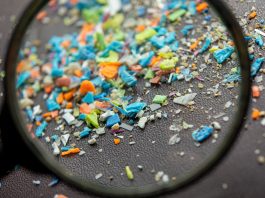Researchers at the University of Waterloo have achieved a global first by utilising 3D imaging technology to analyse the fine details of microplastics, leading to potential advancements in plastic waste recycling.
This groundbreaking research, done in collaboration with the National Research Council (NRC), provides new insights into how microplastics degrade, which could significantly improve recycling methods and mitigate environmental harm.
The microplastic crisis
Microplastics and nanoplastics, which are tiny particles formed from the breakdown of larger plastic items, pose a growing threat to ecosystems, wildlife, and human health.
These particles are challenging to decompose safely, making plastic pollution an escalating environmental crisis.
Scientists have long struggled to understand the complex processes by which these plastics degrade, particularly on the micro and nanoscale levels. This lack of understanding has hindered efforts to address their environmental impacts effectively.
The University of Waterloo researchers believe that observing how these particles break down in detail is a crucial step toward reducing their presence in the environment and improving plastic waste recycling practices.
3D imaging: A game-changer for plastic degradation analysis
Traditional 2D microscopy, similar to medical X-rays, has been used to study microplastic degradation, but it provides limited information due to its lack of depth.
To overcome this, the research team employed advanced 3D imaging technology. According to William Anderson, a professor in Waterloo’s Department of Chemical Engineering, this technology offers more detailed insights similar to those from a CT scan, allowing researchers to see microplastic degradation with unprecedented clarity.
“This level of detail has been incredibly challenging to achieve, but it’s crucial for understanding what is happening at the surface of micro and nanoplastics and how degradation processes work,” said Anderson.
By combining 3D imaging with a novel photocatalytic process using UV light and a titanium oxide catalyst, the team was able to observe the degradation of microplastics at a microscopic level, gaining insights that were previously impossible to obtain.
Biocycling: A promising new recycling method
In addition to revealing how microplastics degrade, the research team is working on innovative methods to recycle these particles.
The scientists are developing biocycling methods where microplastics could serve as a carbon source for bacteria. These bacteria would ingest the microplastics and produce an environmentally friendly biopolymer, which could then be used to create new materials, such as plastic bags or packaging films.
The research team is now forming a multidisciplinary plastics biocycling research initiative to continue exploring these promising solutions for plastic waste recycling.
The importance of plastic waste recycling
As the global consumption of plastic continues to rise, finding efficient and sustainable methods for recycling plastic waste has become more urgent than ever.
Plastic waste recycling not only helps reduce the amount of plastic ending up in landfills and oceans but also plays a critical role in reducing the production of new plastic materials.
This, in turn, decreases the environmental footprint associated with the extraction of raw materials and the energy-intensive processes used in plastic production.
The University of Waterloo’s research represents a significant step forward in the field of plastic waste recycling.
By understanding the degradation processes of microplastics at a molecular level, scientists are better equipped to design recycling methods that are both efficient and environmentally friendly.
Moreover, the development of biocycling methods could help create a circular economy where plastic waste is transformed into useful products rather than being discarded.









